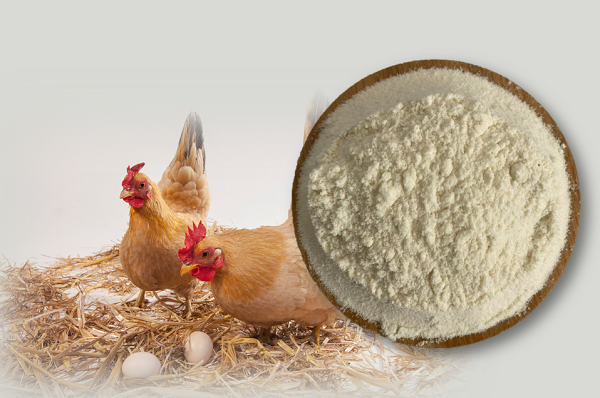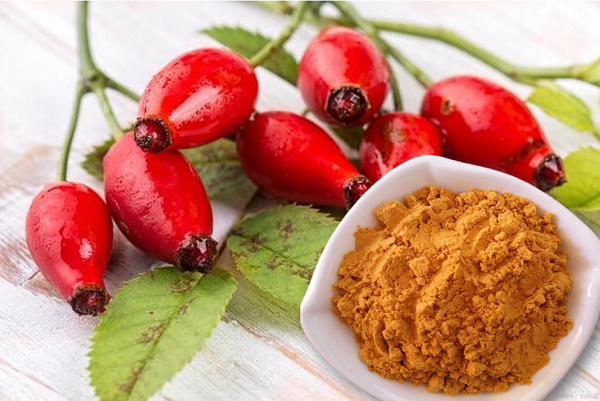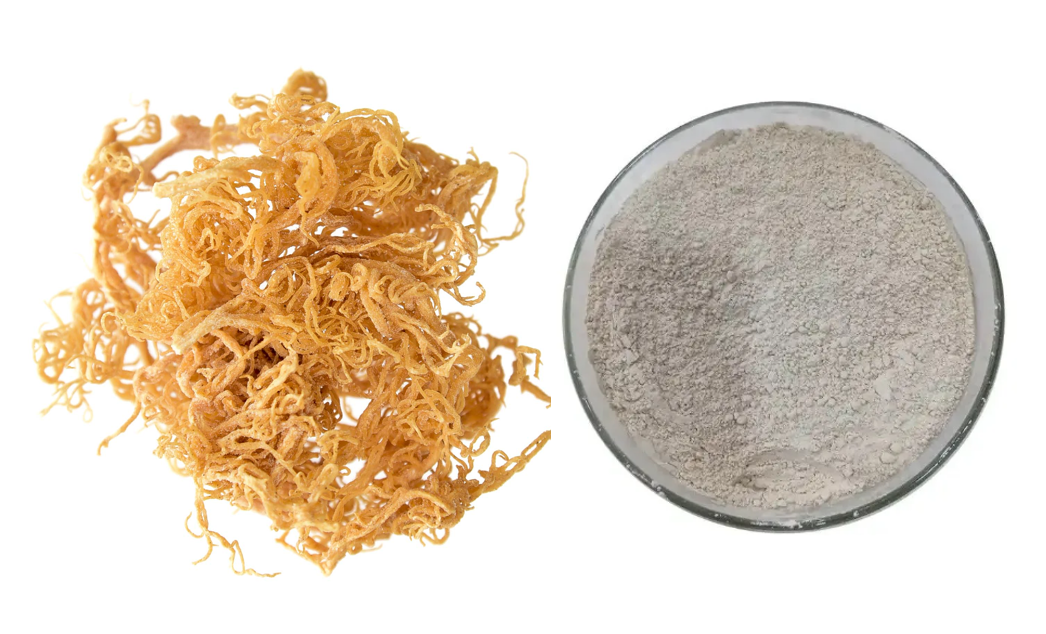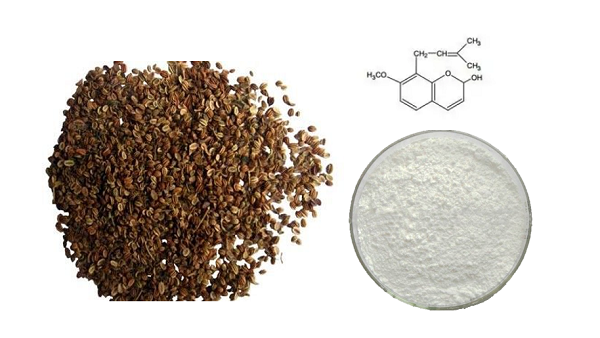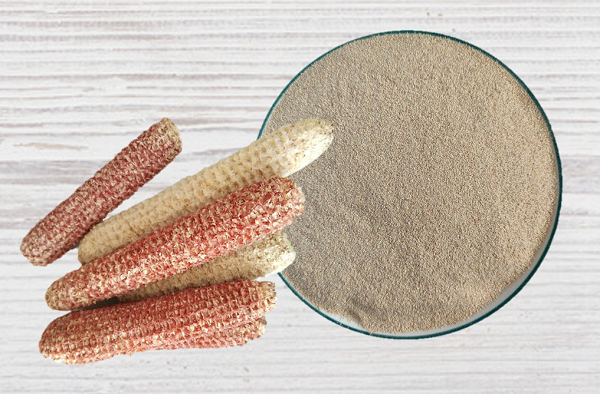Follow Us:

Why Vitamin A 1500IU is Used in Dog Food
Including 1500 IU of vitamin A in dog food is an effective way to provide the right amount of this essential nutrient. As a Vitamin A manufacturer, we think that it helps ensure vision health, supports a strong immune system, promotes skin and coat health, and contributes to overall growth and development. At this dosage, it meets the requirements for most dogs without risking toxicity, offering a well-balanced approach to canine nutrition.
What is Vitamin A 1500 IU?
Vitamin A 1500 IU (International Units) refers to a specific dosage of vitamin A, which is an essential nutrient for maintaining healthy vision, immune function, and skin. The term “IU” is a unit of measurement that describes the biological activity or potency of a substance, rather than its weight or volume.
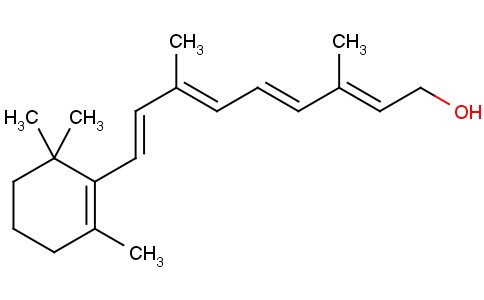
Vitamin A Exists in Two Main Forms:
- Preformed Vitamin A (Retinol): Found in animal sources like liver, fish, and dairy, this form is directly usable by the body.
- Provitamin A (Beta-Carotene): Found in plant sources like carrots, sweet potatoes, and leafy greens, this form needs to be converted into active vitamin A by the body.
Is Vitamin A 1500 IU Safe for Dogs?
Yes, dogs can safely ingest up to 333,300 IU of vitamin A per kilogram of diet. The recommended daily intake for dogs is 3,333–5,000 IU of vitamin A per kilogram of dry matter diet. The Association of American Feed Control Officials (AAFCO) recommends that adult dog food contain 5,000 IU of vitamin A per kilogram.
Why Vitamin A 1500 IU is a Safe and Effective Dose?
A dose of 1500 IU of Vitamin A is generally considered safe and effective for most dogs, depending on their size, health, and nutritional needs. There are several factors that contribute to this dose being appropriate for many dogs, and understanding why this amount is considered safe can help explain its effectiveness.
1. Vitamin A Requirement for Dogs:
- Minimum AAFCO Requirements: As mentioned earlier, the AAFCO recommends a minimum of 500 IU per kg of food for adult maintenance, and 1000 IU per kg of food for growth and reproduction.
- For a typical adult dog on a balanced commercial diet, a dose of 1500 IU could be in line with or slightly above these requirements, especially for smaller or less active dogs.
- For a small dog (around 5–10 kg or 11–22 lbs), 1500 IU could easily fall within a healthy daily intake range.
2. Vitamin A is Fat-Soluble:
- Storage in the Body: Vitamin A is a fat-soluble vitamin, which means it can be stored in the liver and adipose tissue (fat) for later use. Therefore, occasional supplementation of 1500 IU will not overwhelm the body, especially in the short term, unless it is consistently given at much higher levels.
- The body can adjust to the intake, storing excess Vitamin A when levels are higher than needed and releasing it when required.
3. Safe Range for Supplementation:
- Low Risk of Toxicity: Vitamin A toxicity (hypervitaminosis A) is typically associated with extremely high doses—usually much higher than 1500 IU. Toxicity symptoms typically appear with intake of 100,000 to 200,000 IU daily for extended periods.
- For example, large breeds or dogs with particular medical conditions (e.g., liver issues) may require more cautious supplementation, but for an average dog, 1500 IU is far below the threshold for toxicity.
- The upper limit for safe Vitamin A supplementation in dogs is not precisely defined by AAFCO, but excessive dosages would need to be significantly higher than what is commonly found in both dog foods and supplements.

4. Effectiveness:
- Supporting Healthy Vision, Skin, and Immune Function: Retinol plays a crucial role in maintaining healthy vision, supporting the immune system, promoting cell growth, and maintaining skin health. The 1500 IU dose is typically adequate to fulfill these needs, especially for dogs in normal health.
- It is especially important for puppies, pregnant dogs, and dogs undergoing recovery, as it supports immune system function and growth processes.
5. Comparison to Commercial Dog Food:
- Commercial Dog Food Levels: Many commercial dog foods already contain Vitamin A levels far higher than 1500 IU per serving. This amount is often built into the food formulation to meet the nutritional needs of dogs at various life stages.
For example, many foods designed for adult dogs contain about 5,000 IU/kg or more of Vitamin A to ensure that dogs are receiving sufficient amounts, especially considering different factors like absorption rates and individual metabolic needs.
Health Benefits of Vitamin A in Dogs
As a pet food ingredients manufacturer, we will tell you that Vitamin A is an essential nutrient for dogs and plays a crucial role in various physiological functions. Here are the key health benefits of vitamin A for dogs:
- Supports Healthy Vision
- Boosts Immune System Function
- Promotes Healthy Skin and Coat
- Supports Growth and Development
- Aids Reproductive Health
- Helps with Tissue Repair and Maintenance
- Helps Maintain Healthy Bones
- Antioxidant Properties
Conclusion
However, it’s important to note that individual dogs may have different nutritional needs, and it’s always a good idea to consult with a veterinarian before adding any supplement to your dog’s diet. A balanced, complete dog food that meets AAFCO standards will likely provide the necessary levels of Vitamin A, so supplementation may not be necessary unless recommended by your vet. If you require a COA, please Contact us.













